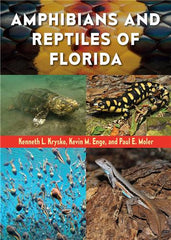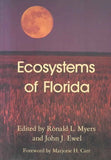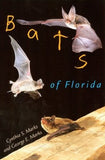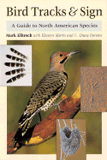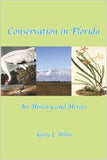- Cart & Login
- Login
- 0 items in cart
- Check out
- Product Categories
- Webstore Home
- FAQs
- Testimonials
- Search
- Back to Sensing Nature Homepage
- ID Guides
- Posters
- Reference Materials
- Tote Bags
- Wildlife Replicas & Toys
- Gift Certificates
- Eco-tours
Amphibians and Reptiles of Florida
AMPHIBIANS AND REPTILES OF FLORIDA
Authors: KENNETH L. KRYSKO, KEVIN M. ENGE, AND PAUL E. MOLER
Florida is home to a more diverse variety of amphibians and reptiles than any other state due to its wide array of ecosystems—from pine forests to the subtropical Everglades to the tropical Keys—and its large number of established nonnative species. This volume is a comprehensive account of the 219 species known to exist in the state.
Chapters are organized into families and species of salamanders, frogs, turtles, crocodilians, lizards, and snakes, including both native and nonindigenous species. A final chapter addresses nonnative species not proven to be established in the state. Each species is presented with one or more color photographs, an up-to-date distribution map, and detailed information about its appearance, current taxonomy, geographic distribution and habitat, reproduction and development, diet, behavior, and conservation status. Many of the photographs highlight the differences between sexes, between juveniles and adults, and between larval stages.
This volume also includes a thorough discussion of the environmental impacts that are threatening the herpetofauna of the state. As parts of Florida are experiencing degradation of natural habitats at record rates, particularly large urban areas such as the southeastern Atlantic Coast, species that cannot adapt will disappear. This volume will be a touchstone for future efforts to study and protect the extraordinary biodiversity of Florida’s native amphibians and reptiles.
Kenneth L. Krysko is research associate for the Division of Herpetology at the Florida Museum of Natural History. Kevin M. Enge is associate research scientist with the Florida Fish and Wildlife Conservation Commission. Paul E. Moler, former biological scientist with the Florida Fish and Wildlife Conservation Commission, is the editor of Rare and Endangered Biota of Florida, Volume III, Amphibians and Reptiles.
Paperback; 728 pages; Size 7 x 10
Published by The University Press of Florida

